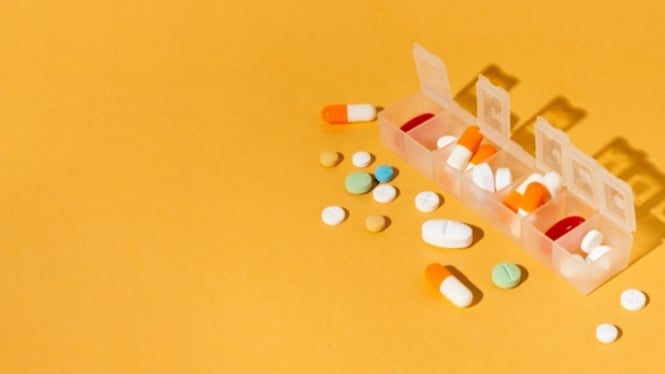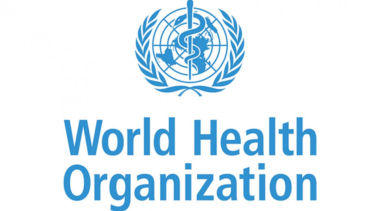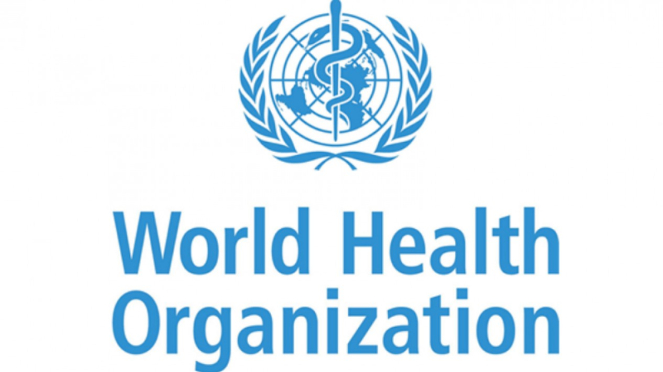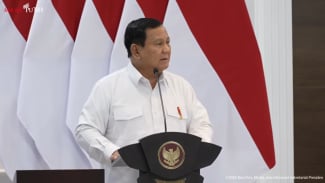WHO Updates List of Essential Medicines Like Cancer, Cardiovascular
- Freepik
VIVA – The World Health Organization (WHO) has updated its guidelines for essential medicines to include cancer, infectious disease, heart conditions, cardiovascular, and more.
During its meeting in April, WHO’s review committee considered over 100 therapeutics before recommending 24 medicines for adults and 12 for children to be added to the Model Lists of Essential Medicines (EML) and Essential Medicines for Children (EMLc).
The additions bring the total number of medications on the EML and EMLc to 502 and 361, respectively.
Updated every two years, the lists are registers of medications that WHO considers to be minimum requirements for every health care system to have available.
The lists are internationally recognized guides for countries’ health systems, helping them prioritize medications that are effective and affordable. Each addition, according to WHO, is considered essential to address key public health needs.
“Essential medicines are those that satisfy the priority health care needs of a population,” the report said.
“They are intended to be available in functioning health systems at all times, in appropriate dosage forms, of assured quality and at prices individuals and health systems can afford.”
Logo WHO.
- WHO
New on the 2023 list is medications to treat multiple sclerosis or MS, a chronic, often fatal nervous system disease that affects 2.8 million people around the world, according to WHO. The new guidelines include three medications to slow its progression.
One of them, rituximab, is normally used to treat some cancers and autoimmune diseases, but the WHO guidelines recommend off-label use for MS due to strong evidence of its efficacy and safety.
“Given the evidence base and the increased affordability of rituximab, it has been prioritized over on-label alternatives as an essential medicine to treat relapsing-remitting and progressive MS,” said Dr. Benedikt Huttner, the EML team lead, in a statement.
The guidelines also recommend, for the first time, “polypills” to treat heart disease and other cardiovascular issues.
The term refers to a combination of medicines to treat heart issues: medication to lower blood pressure, a statin to lower cholesterol, a medication to make the heart beat with less force, and sometimes aspirin.
A growing body of research shows that polypills can be an inexpensive, effective way to reduce the risk of heart problems, with studies indicating that they can cut the risk of cardiovascular problems by almost 40%. But even though heart complications like heart disease and heart attacks kill 18 million people each year, only a few companies manufacture polypills, and few people take them.
The inclusion of polypills in the WHO guidelines could change that. Some health officials believe that their place on the Essential Medicines List would encourage governments and insurance companies to recommend them, particularly in low- and middle-income countries.
“These treatments could have a very large public health impact globally, without jeopardizing the health budgets of low- and middle-income countries,” Dr. Tedros Adhanom Ghebreyesus, WHO’s director-general said in a news briefing Wednesday.
WHO rejected the inclusion of several patented cancer medications due to concerns over their high price, but the guidelines did add two cancer treatments: a medication for Kaposi sarcoma, cancer that causes lesions in the skin and gastrointestinal tract, and cancer treatments that improve white blood cell production and reduce some cancer medicines’ toxic effects on the bone marrow.
Other additions include ceftolozane and tazobactam, a combination antibiotic used to treat multidrug-resistant bacteria and monoclonal antibodies against Ebola.





















